Throughout history, many individuals have been harshly judged based on appearances, misinformation, or societal biases. These judgments often obscured their true nature and achievements, leading to a lasting impact on their lives.
But, thankfully with time, their true intentions came to light, and many ended up being celebrated, and admired for their work.
Let’s take a look at 18 good people, who were harshly judged:
Mahatma Gandhi
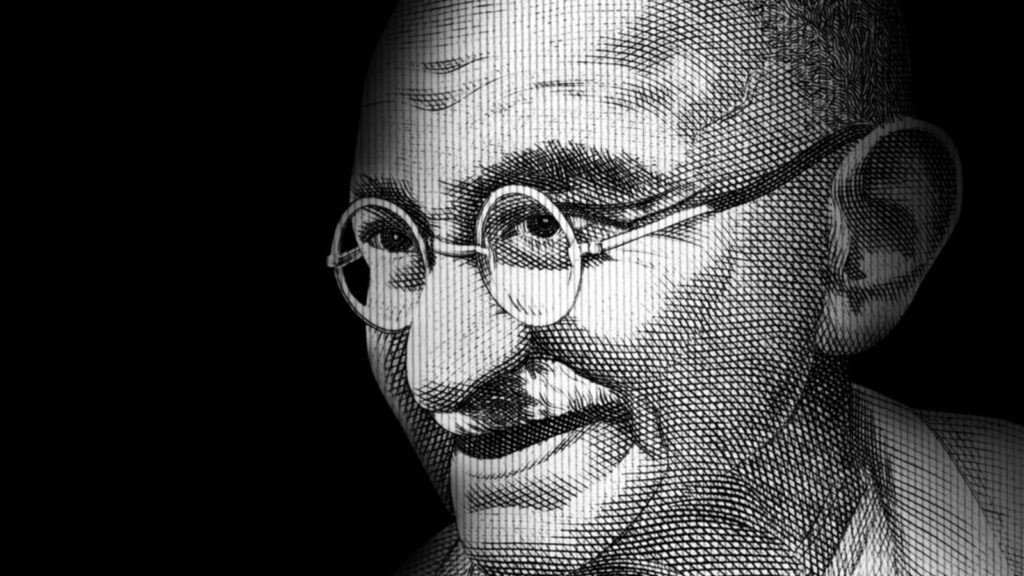
Mahatma Gandhi, known for his nonviolent resistance, was often seen as a troublemaker by the British authorities. His peaceful protests for India’s independence were met with imprisonment and scorn, yet his legacy demonstrates the power of resilience and peaceful resistance against harsh judgment.
Vincent Van Gogh
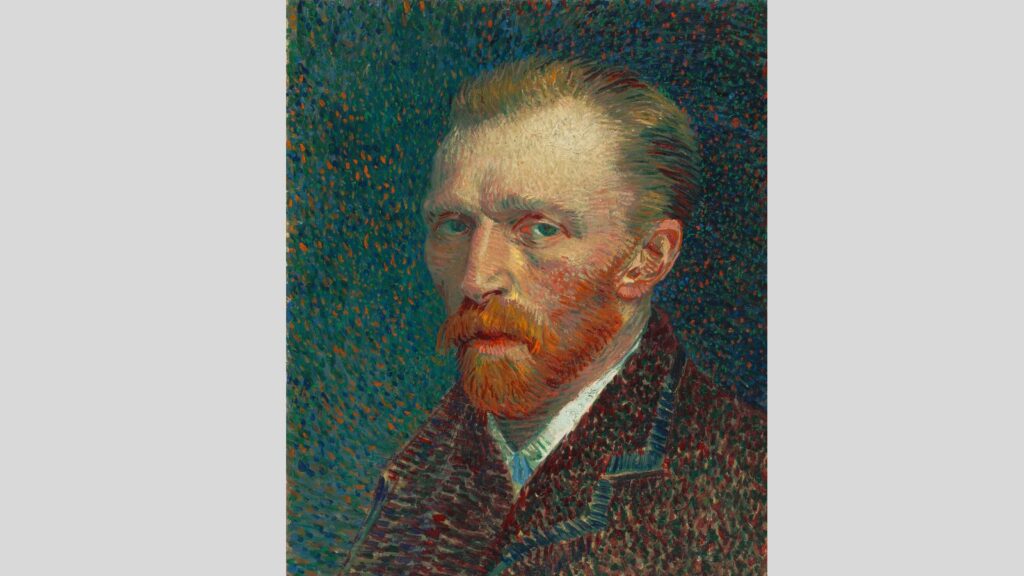
Vincent Van Gogh is now hailed as one of history’s greatest artists, but he was once dismissed as an eccentric madman, and during his lifetime, he sold only one painting. His struggle with mental illness and lack of recognition led to a difficult life, highlighting society’s failure to understand and appreciate his genius.
Galileo
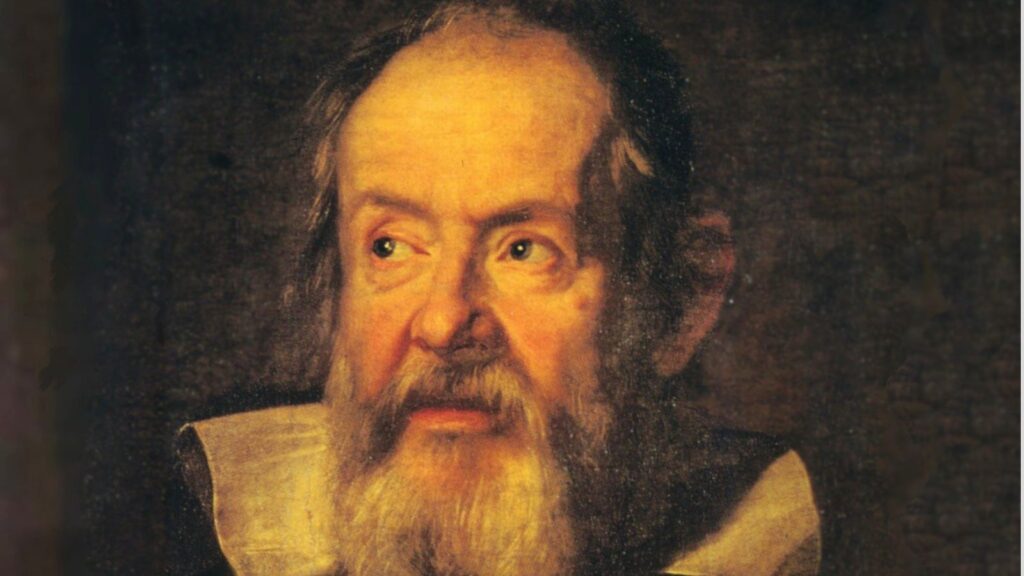
Galileo Galilei’s advocacy for the Copernican system led to a confrontation with the Catholic Church, resulting in his house arrest. This clash between science and religion illustrates the harsh judgment faced by those challenging dogma at the time. Of course, much of Galileo’s work has since been proven to be true, and his foresight and wisdom are now considered to be of a genius level.
Sylvia Plath
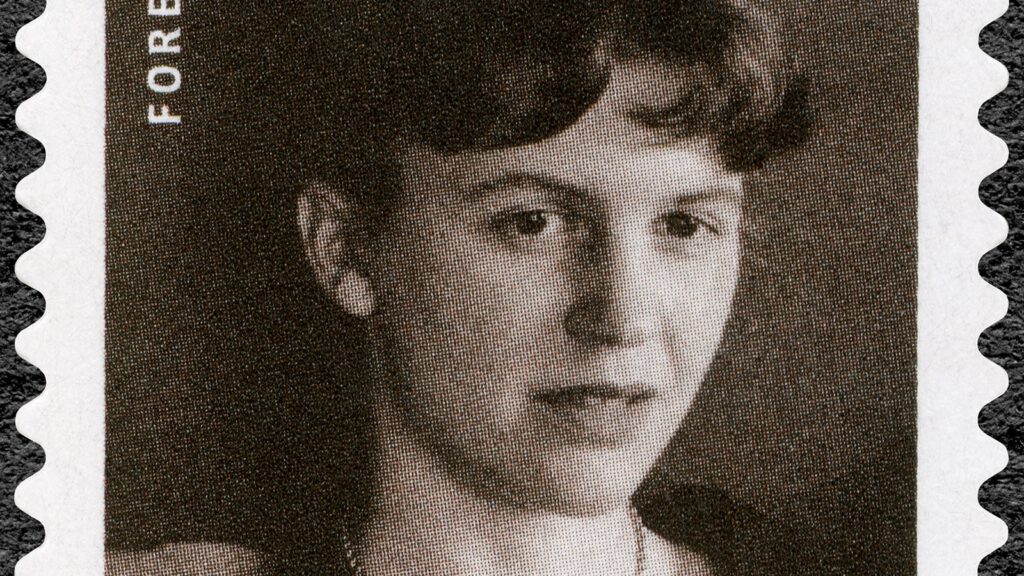
Sylvia Plath was a renowned poet, who struggled with her mental health and faced significant personal and professional challenges. Although her work was initially overshadowed by her tumultuous life, she gained immense recognition after her death for creating beautiful literary works of art.
Jackie Robinson
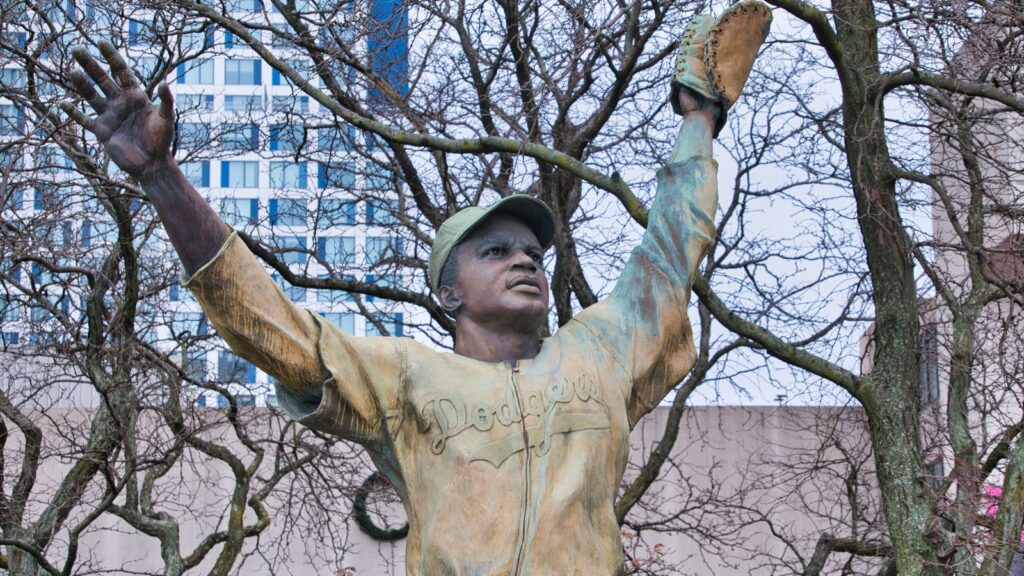
Jackie Robinson was the first African American to play Major League Baseball, and he faced severe racism and hostility. Despite breaking barriers and changing the sport, he endured relentless judgment and discrimination throughout his career.
Alan Turing
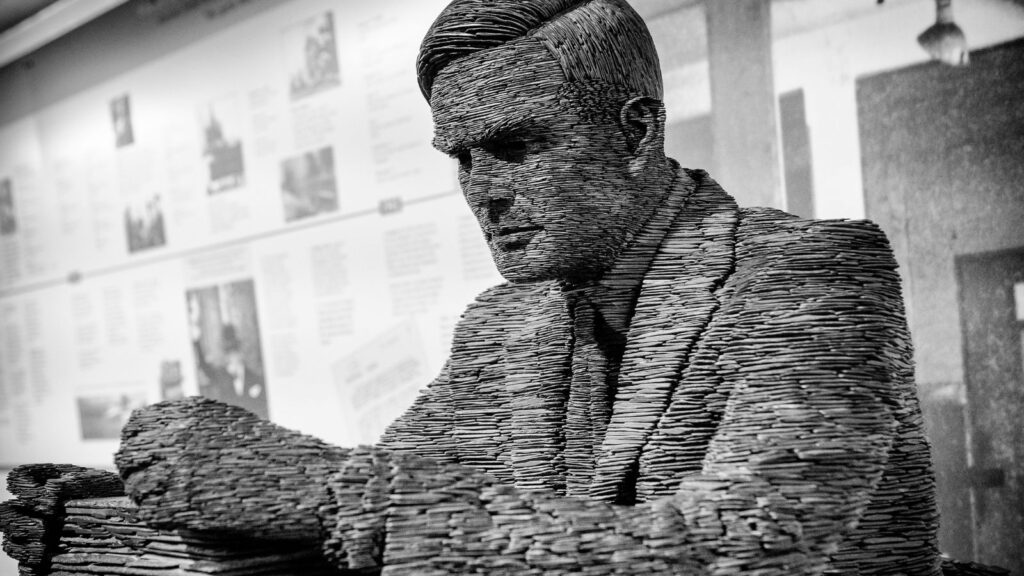
Alan Turing, the father of computer science, was instrumental in breaking the Enigma code during World War II. Despite his groundbreaking contributions, he was prosecuted for homosexuality, which was illegal in the UK at the time. Turing’s life and tragic end illustrate how society judged him harshly regarding his personal life, despite all of the good work that he had done, which undoubtedly saved many lives during the war.
Harriet Tubman
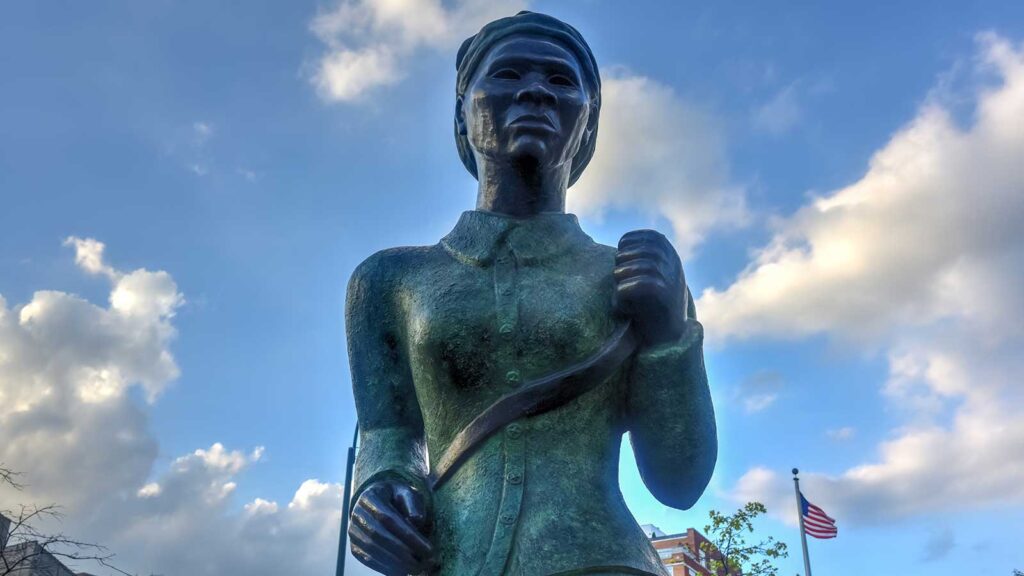
Harriet Tubman, a leader of the Underground Railroad, was often labeled a criminal by those upholding slavery. Her courageous efforts to free slaves were misunderstood and condemned by many, highlighting the stark contrast between her actions and the societal norms of her time.
Emily Dickinson
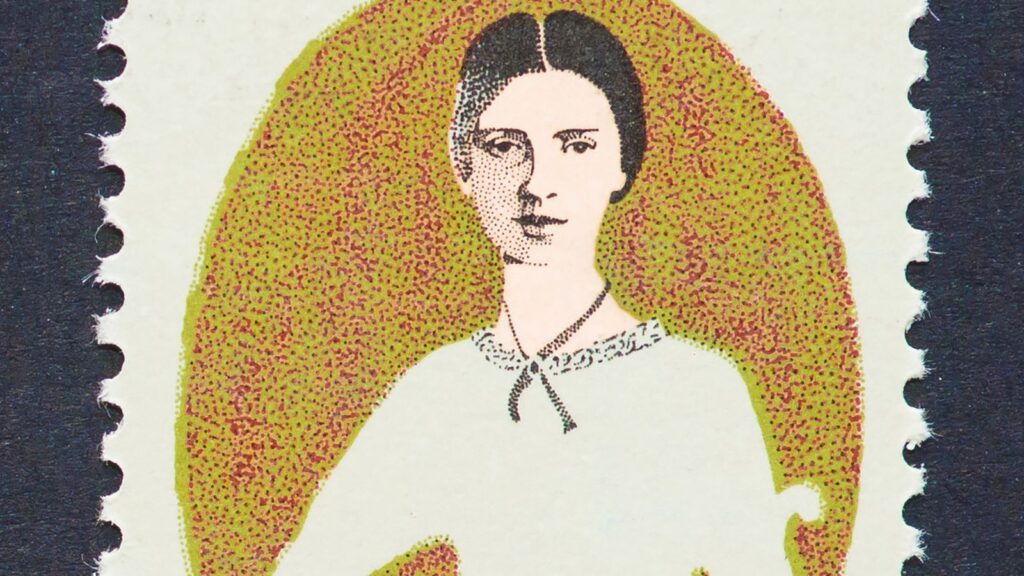
Emily Dickinson, whose poetry is now revered, was largely unpublished and unrecognized during her lifetime. Her reclusive nature and unconventional style led many to dismiss her work, only for it to be celebrated posthumously.
Socrates
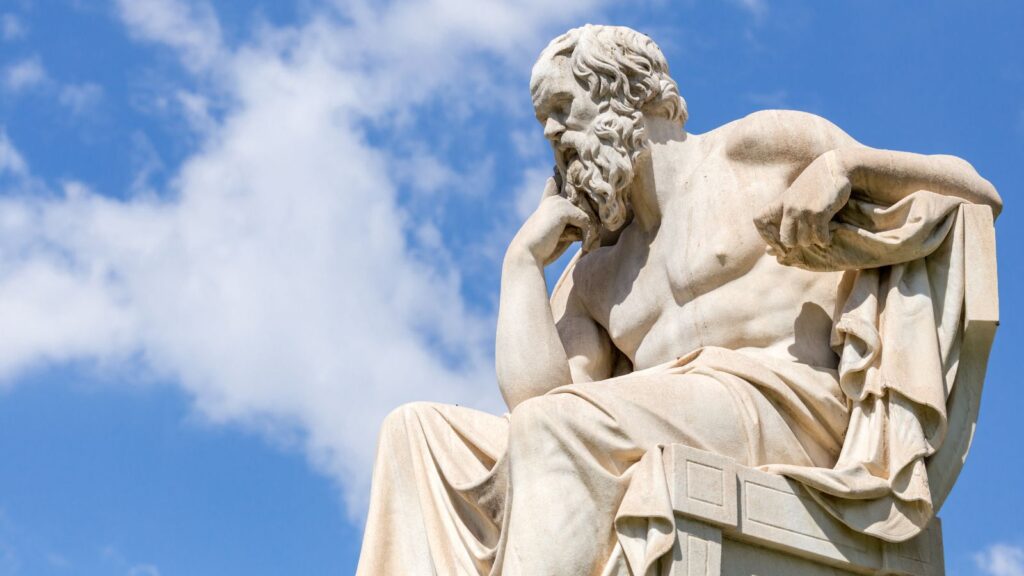
Socrates is one of history’s greatest philosophers, but he was sentenced to death for allegedly corrupting the youth of Athens. His dedication to questioning established beliefs led to his execution, underscoring the peril of intellectual independence at that time.
Joan of Arc
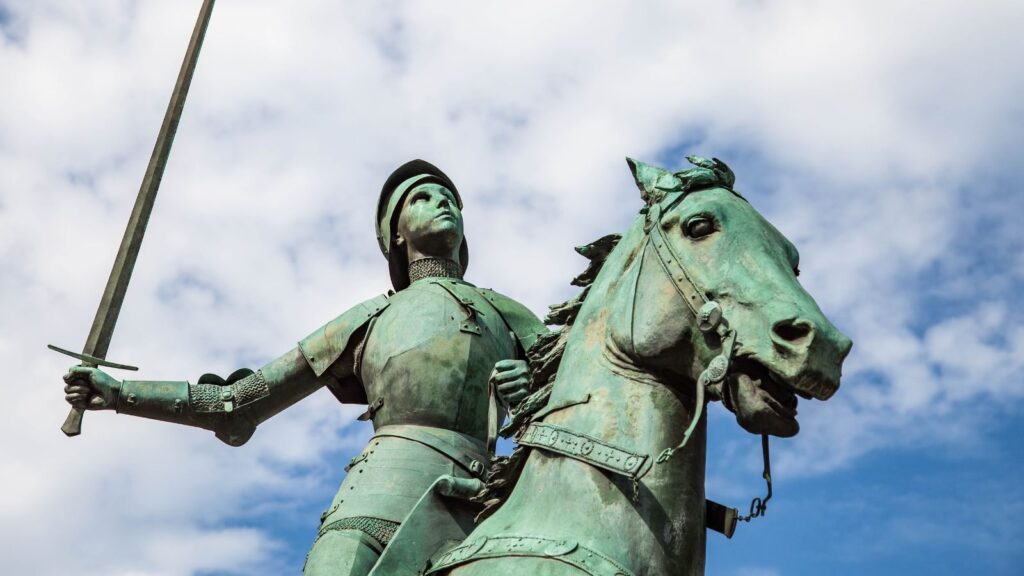
Joan of Arc was a peasant girl who led France to victories in the Hundred Years' War, was burned at the stake for heresy. Her visions and leadership were seen as threats, yet she was later canonized as a saint, illustrating the shift in perception over time.
Marie Curie
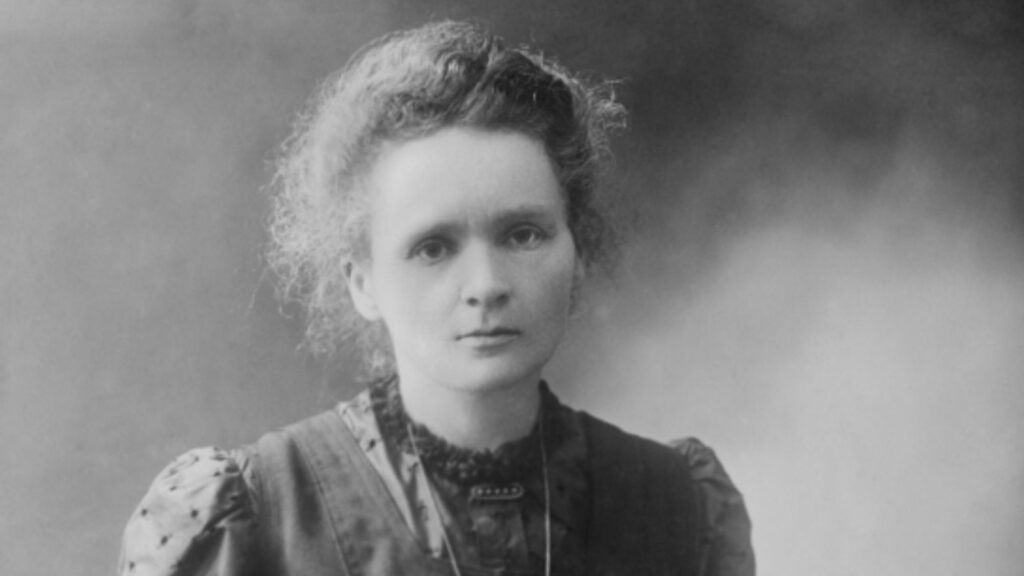
Marie Curie faced significant opposition and skepticism from her male contemporaries, and despite her groundbreaking work in radioactivity, she had to fight against gender biases to be acknowledged. Marie Curie’s perseverance famously paved the way for women in science, but her struggles underscore the harsh judgments she faced.
Nelson Mandela
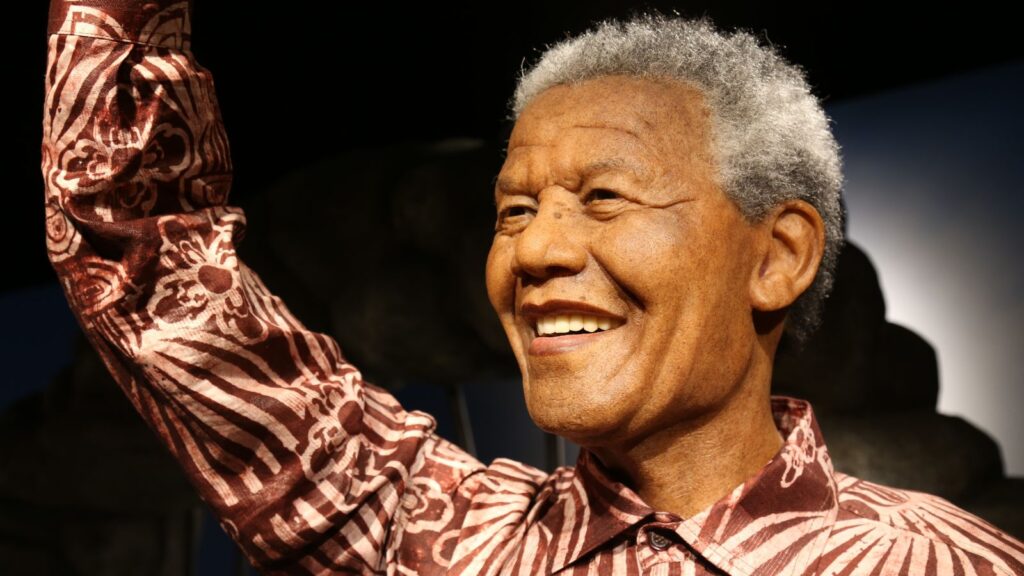
Nelson Mandela, an anti-apartheid revolutionary, was imprisoned for 27 years for his activism. And he was initially labeled as a terrorist. But he later became a global symbol of resistance, peace and reconciliation.
Mandelas story demonstrates the evolving nature of perspective, and judgment. While one genre might judge a person negatively, in another time period that same individual might only go on to become celebrated, and admired for their good deeds.
Nikola Tesla
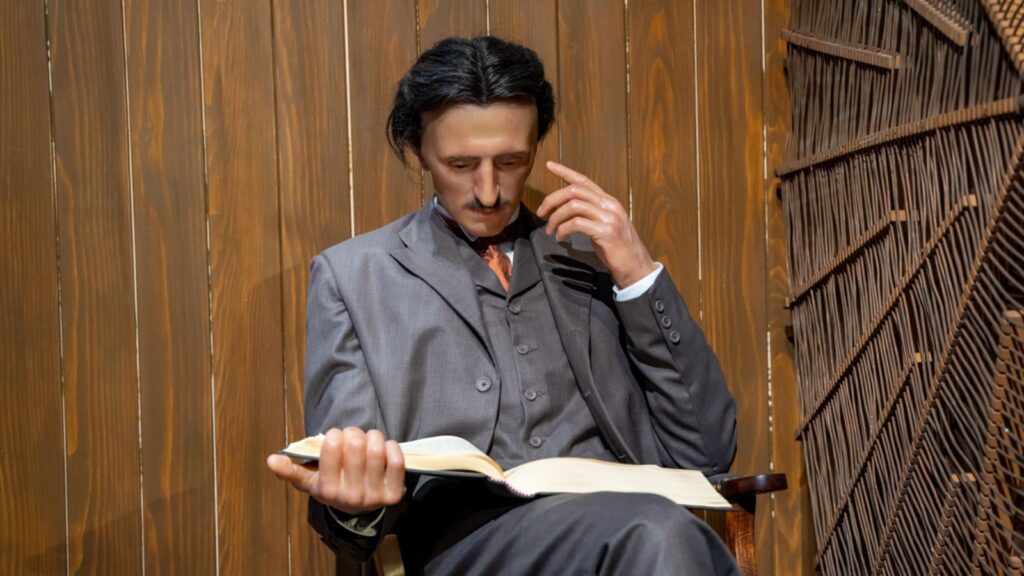
Nikola Tesla was a brilliant inventor, but he faced financial struggles and was often overshadowed by his contemporaries like Thomas Edison. His ideas, though ahead of their time, were frequently dismissed, and his story highlights the challenges faced by visionaries.
Anne Hutchinson
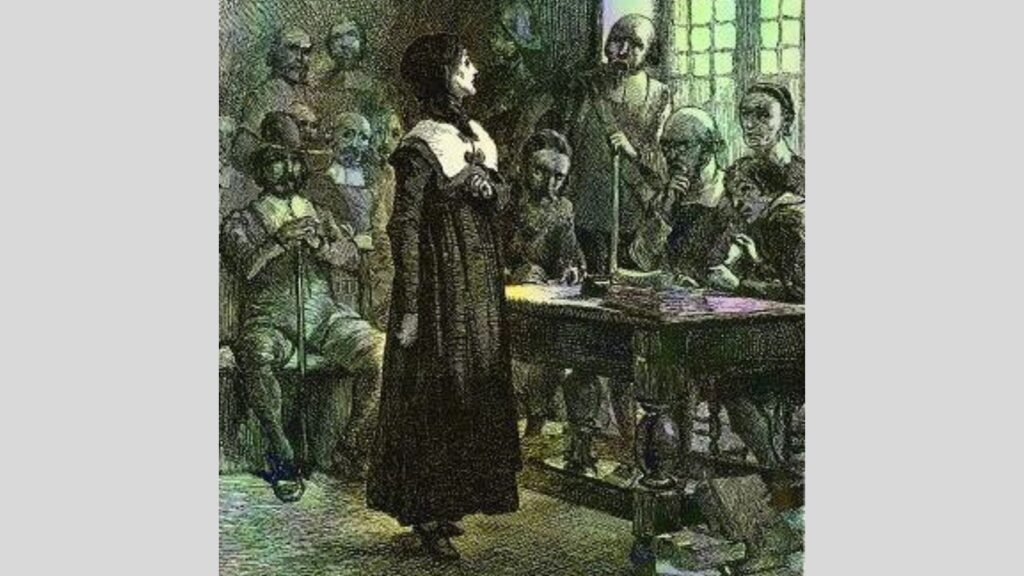
Anne Hutchinson was an early advocate for religious freedom in America, but she was banished from the Massachusetts Bay Colony for her unorthodox views, and her defiance of gender roles.
During the 1600’s men ruled, and women were meant to remain silent, but Anne fought for her right to preach religious teachings. This led to her being tried for heresy in 1637, and having to leave her home. A midwife, a preacher, and mother to 12 children, Annes story underscores the harsh judgments faced by those challenging religious norms at the time.
Malala Yousafzai
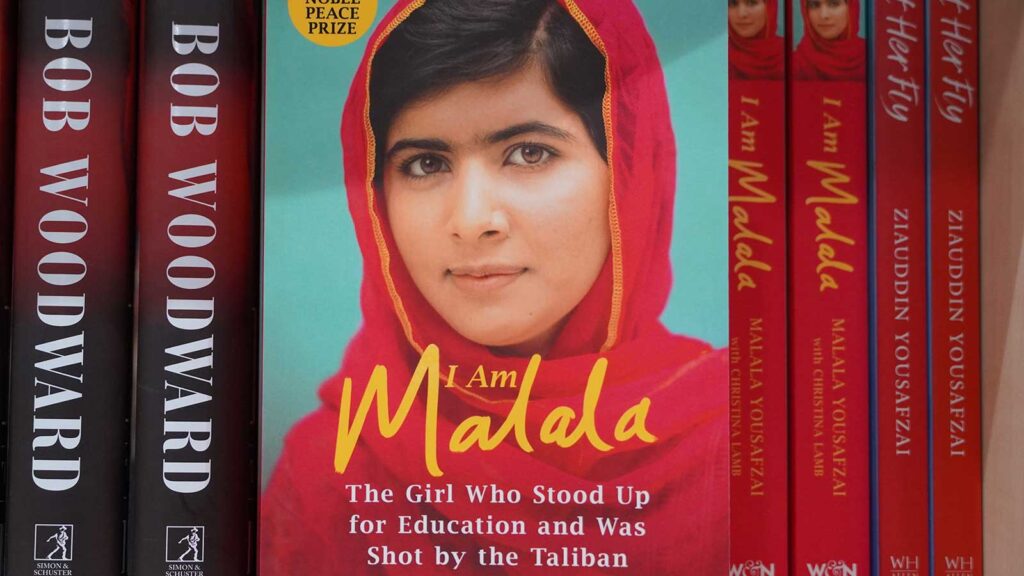
Malala Yousafzai, who campaigned for girls' education in Pakistan, was shot by the Taliban. Her activism was met with extreme violence, yet she continued to advocate for education, showing resilience against intimidation, and severe judgment.
Louis Pasteur
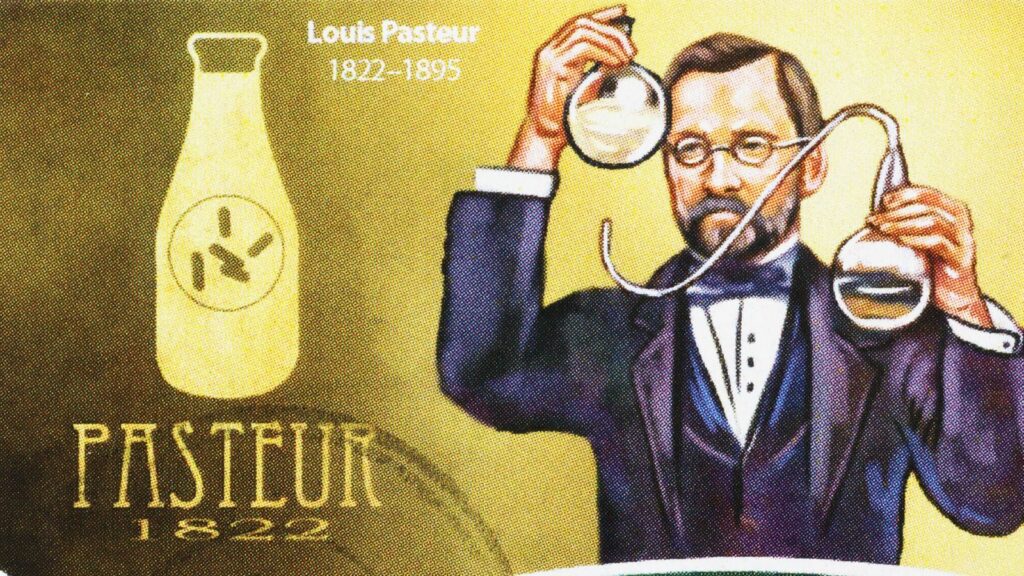
Louis pasteur was a French chemist, and microbiologist whose work set precedents, broke boundaries, and created medical breakthoughs that we still rely on today. His work led to the discovery that germs (microrganisms) cause disease, which caused doctors, and surgeons to begin washing their hands. Pasteur also created vaccines for anthrax, and rabbies, and invented the pasteurization process for milk, but despite all this, his peers at the time doubted many of his claims, and he was ridiculed, and mocked.
Oscar Wilde
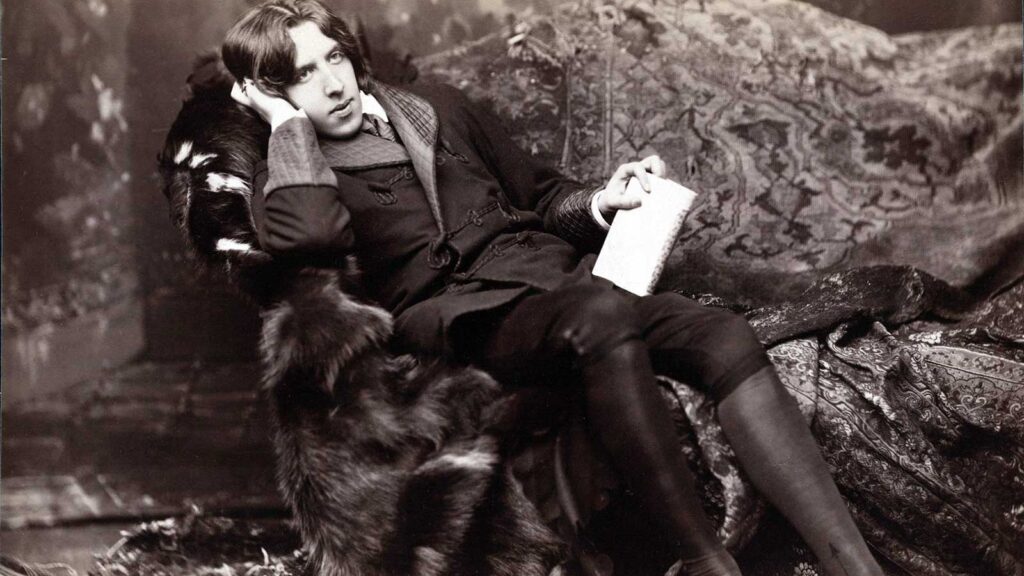
Oscar Wilde, a now celebrated writer, was imprisoned for “gross indecency” due to his homosexuality. His incarceration and subsequent “disgrace” reflect societal intolerance, unfairness, and harsh judgments of the 1800’s.
Edgar Allan Poe
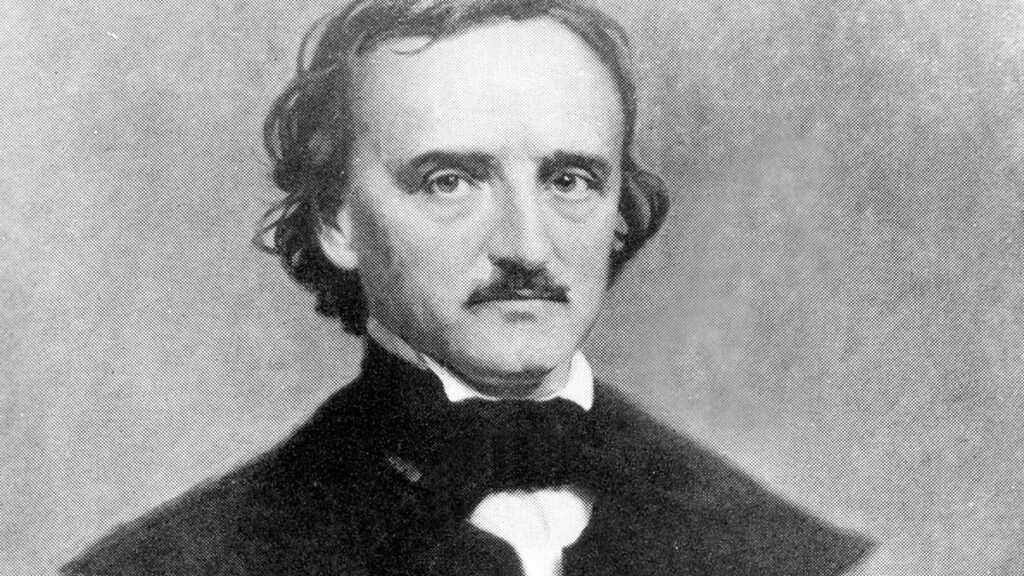
Edgar Allan Poe was a master of macabre literature, but he faced criticism, harsh judgement, and financial difficulties throughout his career. Poe’s work was often misunderstood, and he only gained widespread appreciation after his death.
Embracing the Misjudged
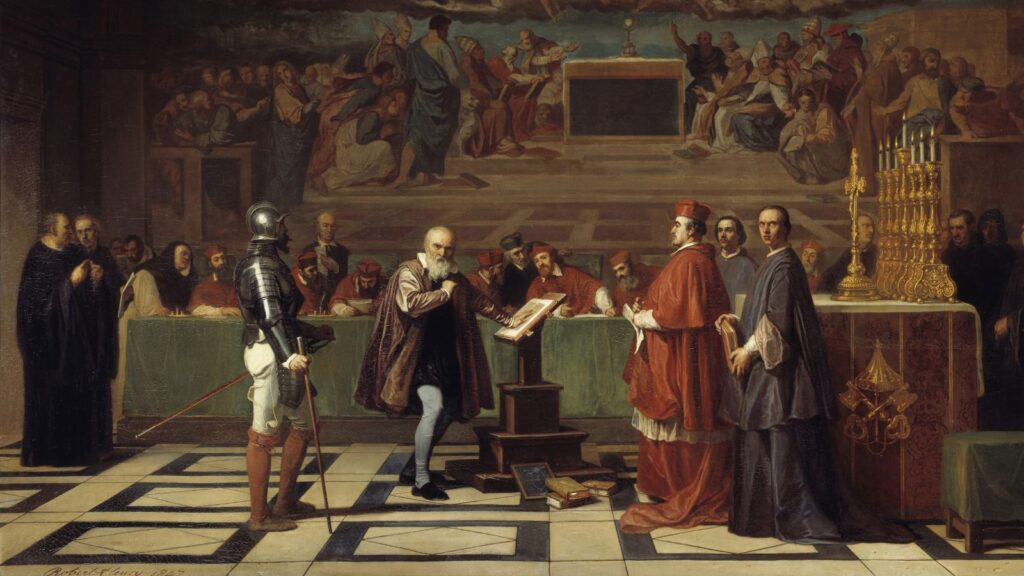
These stories remind us that judging others harshly often stems from fear, ignorance, and societal biases. The real lived stories of these individuals challenge us to look beyond superficial judgments and appreciate the true intentions behind people’s efforts.
The individuals highlighted here faced severe misjudgments, yet their legacies endure, teaching us the value of perseverance, the danger of biases, and the transformative power of resilience. Their stories encourage us to question our judgments and embrace a deeper understanding of those around us.
30 Traditional Sayings That Are Now Considered Offensive by Woke Culture

30 Traditional Sayings That Are Now Considered Offensive by Woke Culture
21 Habits Often Associated With Having a Lower Social Status

21 Habits Often Associated With Having a Lower Social Status
25 Social Issues Gen Z are Determined to Cancel

